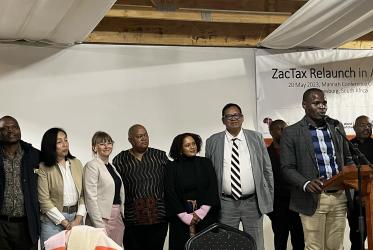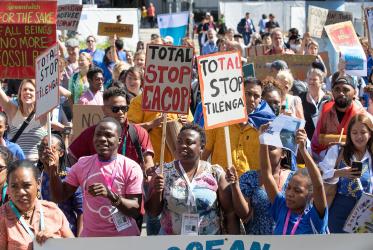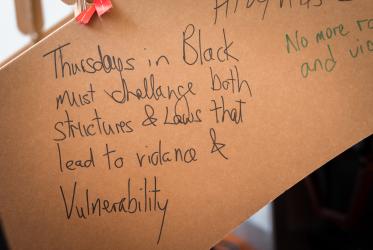Displaying 61 - 80 of 654
ZacTax Campaign relaunched in Africa
23 May 2023
Webinar: Resiliency of Rural Indigenous Nigerian Girls & Women: Surviving Kidnapping & Gender-Based Violence
27 April 2023
Hybrid- Online & in New York City
WCC to participate in Commission on the Status of Women
02 March 2023
Webinar: Algorithms, the Digital Divide, and Polarization; Impact on Gender Justice
09 March 2023
Online
On Valentine’s Day, WCC shares message “Love Heals, Not Hurts”
09 February 2023


















